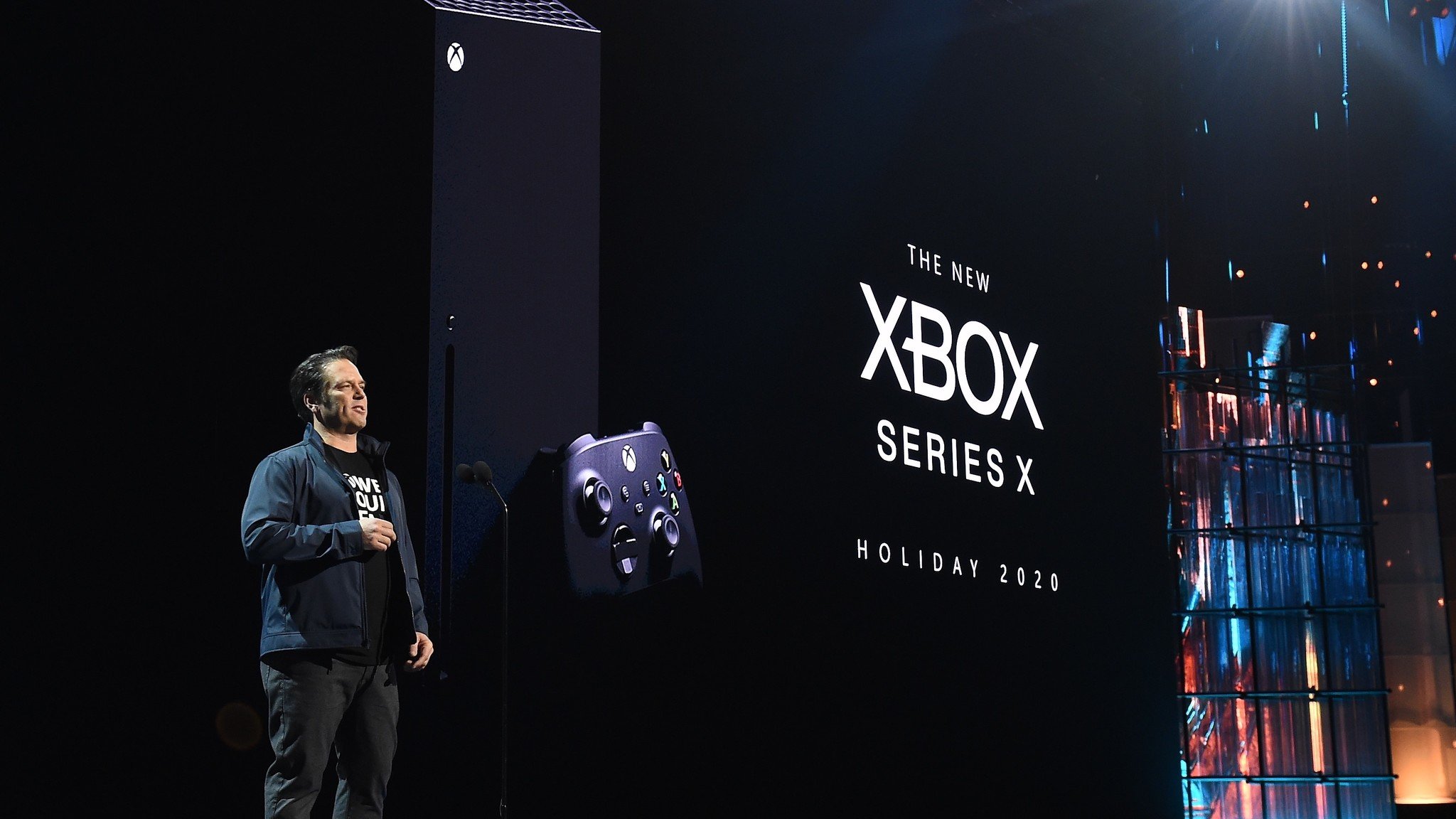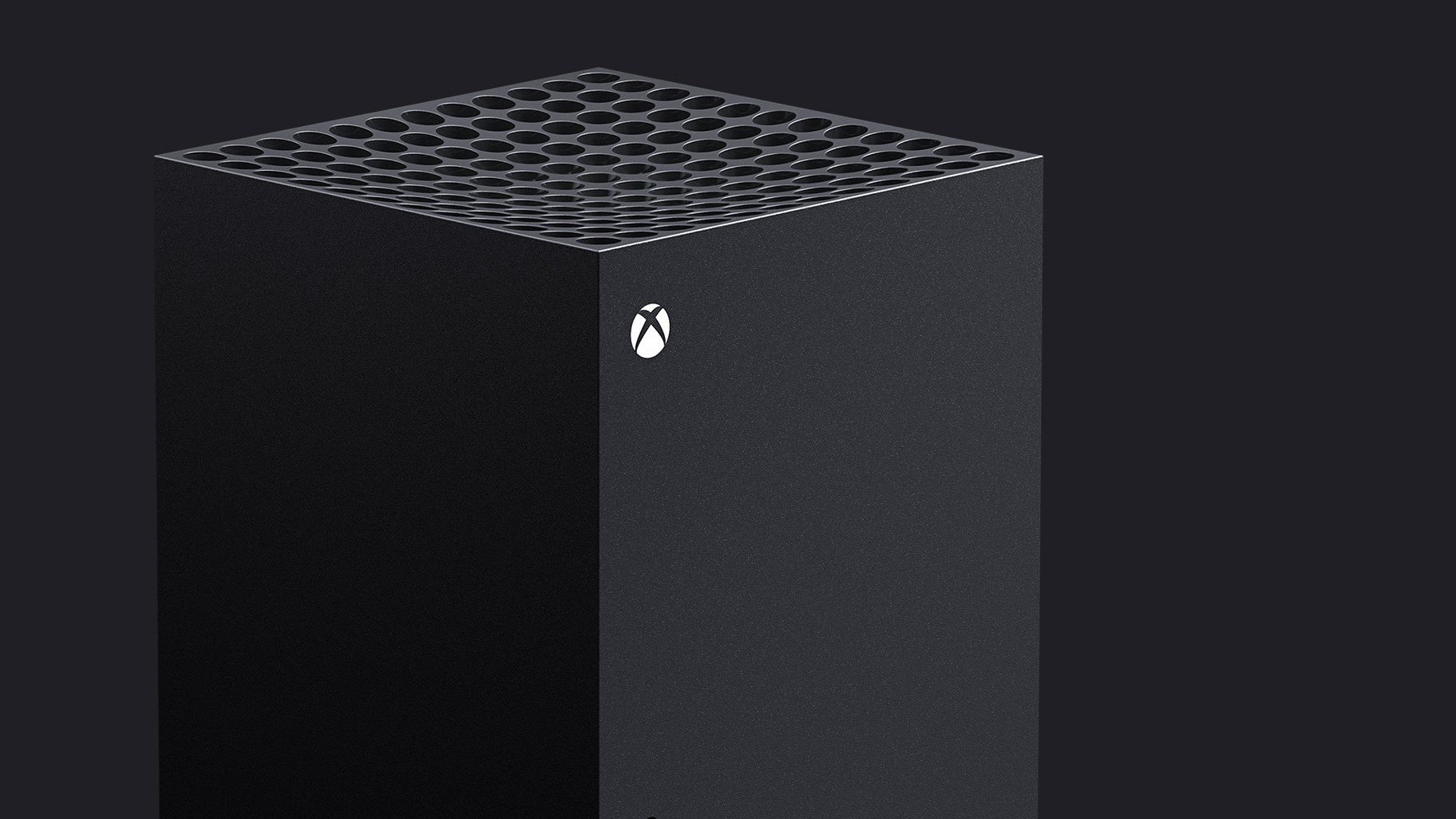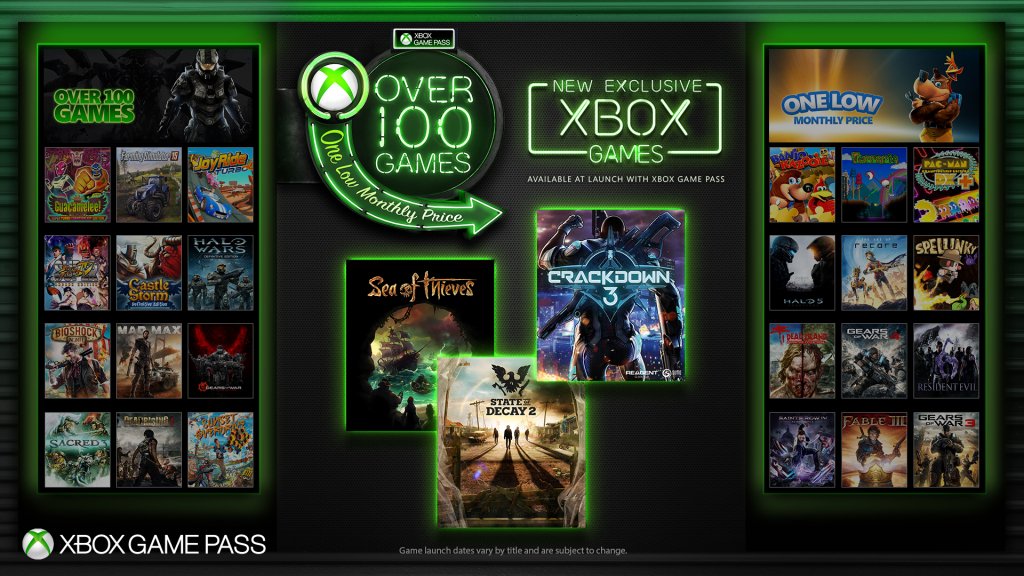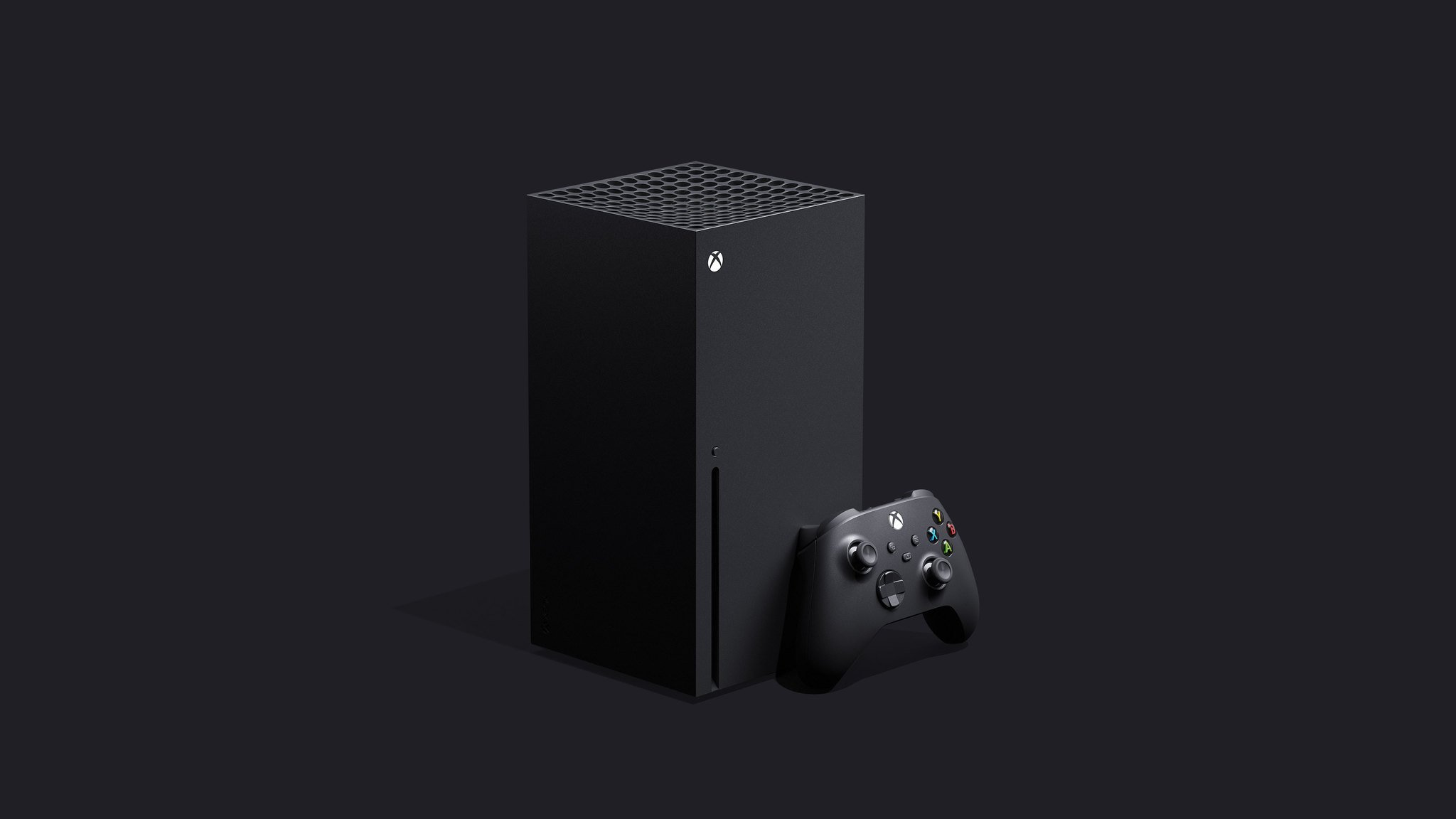Will Microsoft really remove the Xbox Live Gold paywall for multiplayer?
Xbox Live Gold changed the entire industry, but in 2020 it's starting to look a little old fashioned.

All the latest news, reviews, and guides for Windows and Xbox diehards.
You are now subscribed
Your newsletter sign-up was successful
Xbox Live Gold is a recurring subscription service required to access multiplayer services on Xbox consoles. It costs around $60 per year if you purchase annual time cards, although Microsoft itself is no longer offering the option to buy 12 months of Xbox Live Gold digitally, although it remains available via some other retailers.
Microsoft's official line on why they've decided to do away with the 12-month digital subscription is fairly vague and non-committal, but it hasn't stopped rife speculation that Microsoft has removed it because it's gearing up to do away with Xbox Live Gold entirely.
Is this a realistic thing to expect in the future? Yes, it is. But I would be surprised if it happens any time soon.
Why does Xbox Live Gold exist?
Well, obviously, the answer is money. But it's a bit more complicated than that.
The cash flow from Xbox Live Gold has enabled Microsoft to realize some of its long-term ambitions with regards to server infrastructure and cloud. For the longest time, Xbox Live Gold was seen, and arguably still is seen, as the defacto most stable gaming network in the world, with features we now take for granted, such as party voice comms, dedicated servers, and beyond. Many of today's younger gamers probably won't be able to imagine a time when voice comms weren't a ubiquitous thing, but the social aspects of Xbox Live Gold, as well as its cloud infrastructure, simply wouldn't have been realized without the cash flow from Xbox Live Gold. It goes further than that, though.
I still see Xbox Live Gold going away, eventually.
When Microsoft launched the Xbox 360 up against the PlayStation 3, the price delta was rather enormous. You need only look at the price of a decent gaming PC vs. the price of a comparably-powerful console as well, for an example of how cheap subsidized hardware can be by comparison.
The far cheaper Xbox 360 allowed Microsoft to propel Xbox into the spotlight as a global brand, usurping several years of dominance from Sony's PlayStation. Xbox Live Gold, and now PSN+, also help to drive down costs of the hardware. If you can attach a subscription to every single console, or at least a portion of them, you can guarantee that you'll end up with better margins than you would've done if you'd just sold hardware at cost.
All the latest news, reviews, and guides for Windows and Xbox diehards.
This is why executive vice-president of Gaming at Microsoft and Xbox chief, Phil Spencer, has previously discussed (via The Verge) the fact that the console business is less about selling consoles, and more about monetizing the users you do have. A console sold that doesn't attach a subscription (or games) is worth far, far less to a company.
I don't need to sell any specific version of the console in order for us to reach our business goals. The business isn't how many consoles you sell. The business is how many players are playing the games that they buy, how they play.
It's with this in mind that, as of writing, I very strongly doubt we'll see Xbox Live Gold removed any time soon. Especially not as soon as the July 23rd Xbox showcase as some people are expecting.
Yes, it would be a massive announcement that would give Microsoft very, very strong differentiation against Sony's PlayStation 5, but from a pure business perspective, right now, it would be an incredibly risky move. I've spoken to Xbox Live staff in the past that have discussed the paywall at length, noting that those "Xbox Live Free to Play" weekends didn't do a great deal to drive engagement: anyone who wants to play online already pays for Xbox Live Gold, and is largely happy to do so. Not being able to guarantee Xbox Live Gold subscriptions moving across to the Xbox Series X would also potentially drive up the cost of the console, to meet target margins.
That being said, I still see Xbox Live Gold going away, eventually.
Why might Xbox Live Gold be removed?
The industry is rapidly shifting focus, with PC by far and away the dominant force in "core" gaming. Mobile gaming didn't wash over the industry and shift all of us over to Candy Crush-lovers as some analysts predicted in previous years, but more and more of us globally are playing on Windows PC, either instead of, or alongside Xbox consoles. The gradual decline of the "walled garden"-style closed-off networks is also opening up all sorts of cross-play scenarios, with Xbox at the forefront. Minecraft is still one of the only games, if not the only game that lets you play with friends across VR, mobile phones, all consoles, and PC simultaneously. This is a vision of gaming Microsoft wants to eventually spread across its entire portfolio, within reason.
Increasingly, the paywall for multiplayer seems old fashioned.
Increasingly, the paywall for multiplayer seems old fashioned, and maybe even antithetical to Microsoft's vision of a big connected network that spans storefronts and form factors. Xbox Live's "Games with Gold" program, which offers free titles as part of the multiplayer access package, has arguably decreased in quality over time as well, as Microsoft shifts its focus to its other big subscription service: Xbox Game Pass, which features some of the best games from the Xbox portfolio for a relatively low monthly fee.
In addition, Microsoft announced that Project xCloud is joining Xbox Game Pass Ultimate in September at no extra cost, includes over 100 games, increasing the pressure on competitor Google Stadia with a single announcement.
Since Game Pass Ultimate already includes Xbox Live Gold, factored into its overall cost, it's safe to assume that Microsoft's longer-term goal is to shift users over to Xbox Game Pass Ultimate and Xbox Game Pass in general. Removing the barrier to multiplayer seems like a logical conclusion in this brave new world of user acquisition over hardware sales.
It would be such a huge salvo against Sony, with a narrative that is easy to understand for consumers at large. It would be a big feather in Microsoft's cap, and a strong piece of differentiation. Sony has been relatively slow to really throw its IP weight behind PlayStation Now, offering a few older titles here and there. The fact Halo Infinite will be available day-and-date as part of Xbox Game Pass makes it the premier gaming subscription service, and it will undoubtedly be where Microsoft prioritizes its subscription focus in the future, whether it simply rolls Xbox Live Gold into the base tier, or just removes it altogether.
As of writing, I feel like Microsoft would see it as a risk and gamble to simply get rid of it in the short term, the same year a new console is launching. But at the same time, Microsoft has a history of being pretty unpredictable at times, and they can certainly afford to do it. As more and more of us pick up Xbox Game Pass, though, I feel like it's inevitable.
Changing landscape of console gaming
I expect Microsoft will continue pushing and heaping more value onto Xbox Game Pass. Perhaps they could even shift the free monthly Games with Gold straight into Xbox Game Pass instead to further encourage users to migrate to Xbox Game Pass Ultimate.
Xbox Live Gold is certainly cheaper than Xbox Game Pass Ultimate, but it's hard to deny the value contained therein. All of Microsoft's exclusive games, Project xCloud streaming to mobile phones and later, PCs, and exclusive discounts on games you can buy-to-own before they leave the program. It's a great service, and undoubtedly where the future of Xbox lies.
I truly believe Xbox Live Gold's days are numbered, but I also believe it ultimately depends on how fast gamers uptake on Xbox Game Pass Ultimate, when it comes to timelines. We'll just have to wait and see.

Jez Corden is the Executive Editor at Windows Central, focusing primarily on all things Xbox and gaming. Jez is known for breaking exclusive news and analysis as relates to the Microsoft ecosystem — while being powered by tea. Follow on X.com/JezCorden and tune in to the XB2 Podcast, all about, you guessed it, Xbox!






